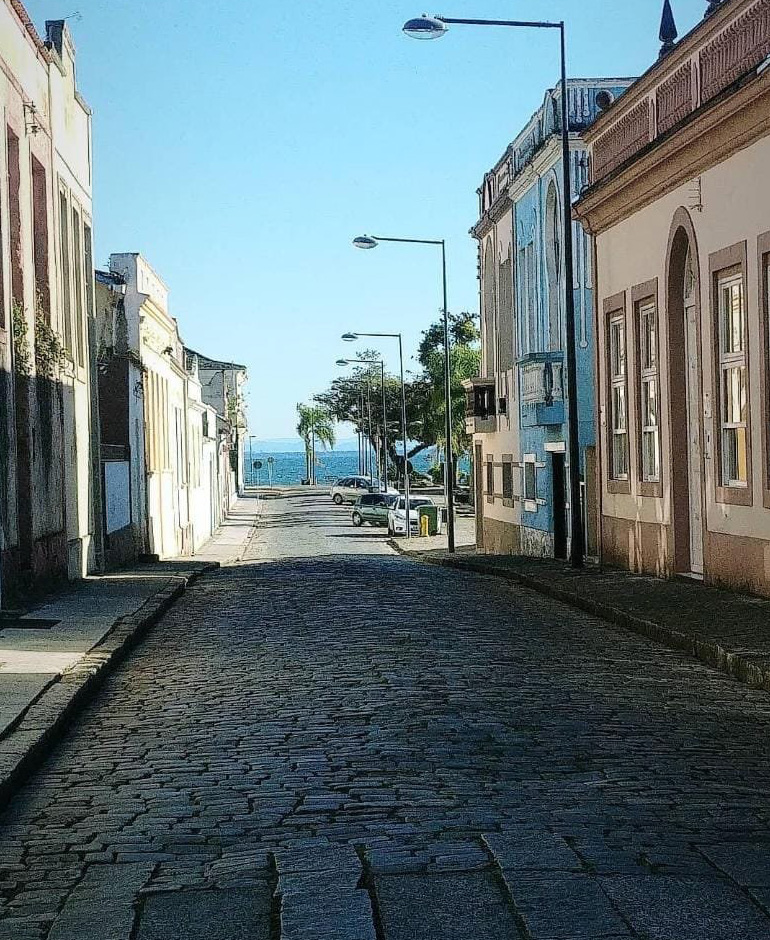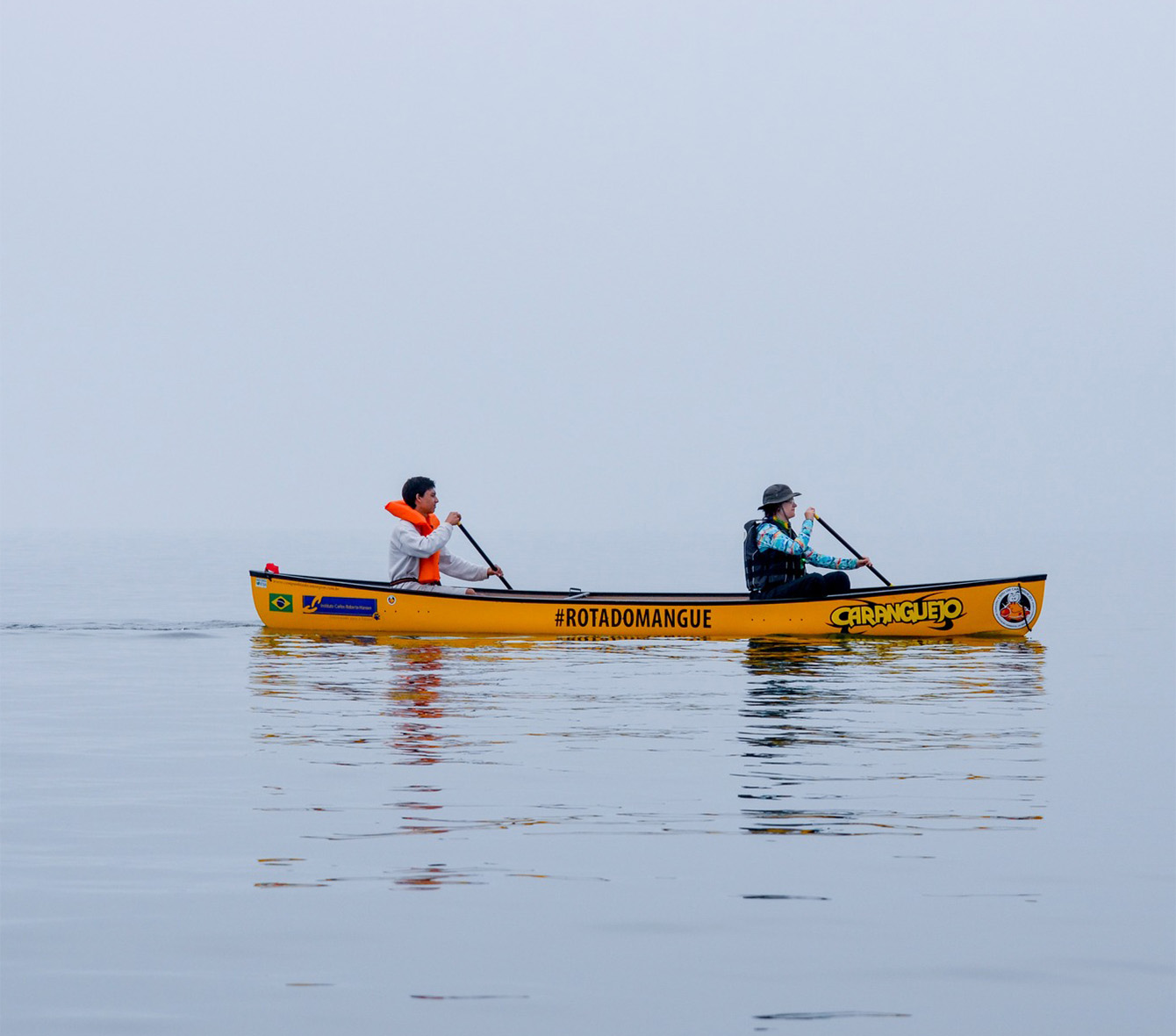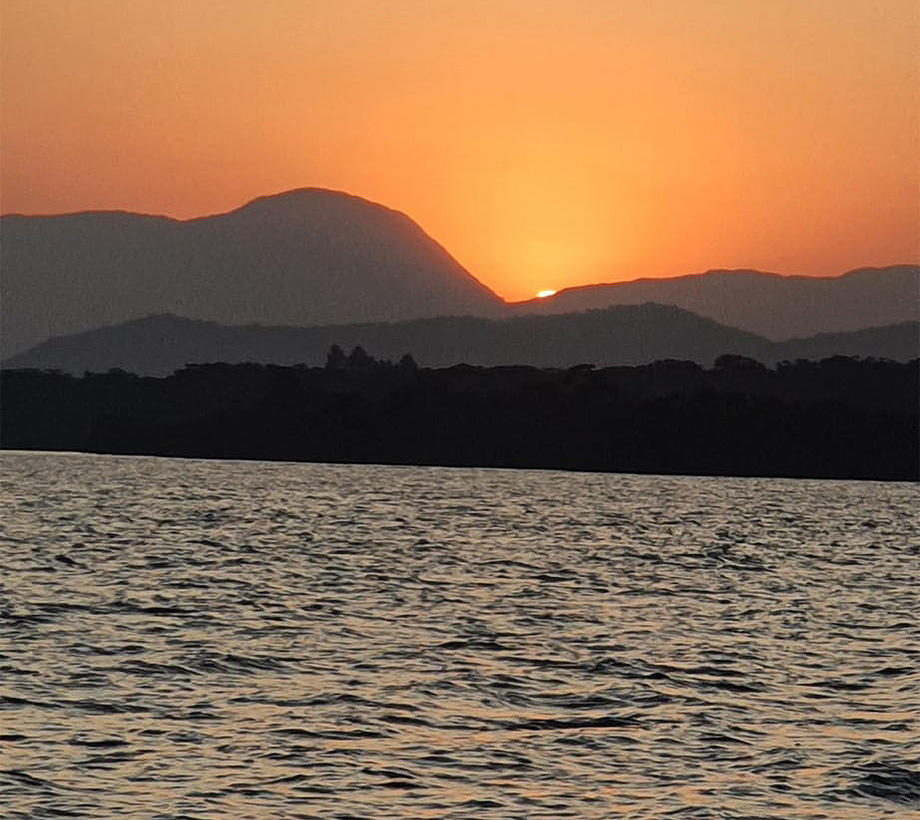
A way to reconnect with nature.
Nature-based tourism offers experiences of contact with natural attractions, bringing benefits to the health of the body and mind. In the Babitonga Ecosystem, there is great potential for the development of this segment, offering surprising beauties, which are closer than you might think.
In order to be viable, nature-based tourism must be sustainable, and be developed with due care so that it does not compromise the environment and the species that live there, many of them being the attraction itself. It is an activity that does not take away anything from nature, aiming to promote outdoor experiences, associated with a lot of learning.
Sustainable development is the kind of development that meets the needs of the present without compromising the needs of future generations. In this logic, nature-based tourism presents itself as a great opportunity for economic development for a region as important as the Babitonga Ecosystem.

ENBT (Embarked Nature-Based Tourism)
Combining elements of nautical leisure with the contemplation of nature.
Embarked Nature-Based Tourism (ENBT) is a branch of ecotourism that seeks to add elements of nautical leisure, especially with the use of boats, with the contemplation of nature. There are examples of ENBT activities specifically focused on a species or group of species, such as cetaceans (whale watching) or birds (birdwatching) tourism. However, Caminhos do Mar goes much further than that. The focus of the activities is on the paths that are followed, along which the natural and socio-environmental elements of region are revealed to the tourist.
The guiding principle of ENBT is respect and care for the environment and the species that inhabit it, since the activities depend on the conservation of these environments in a way that keeps them viable to support biodiversity in the long term. It is essential that appropriate conducts for embarked tourism and fauna observation are adopted, to guarantee the sustainability of the activity.

BEST PRACTICES
We must care for our natural heritage.
It is everyone’s duty to care for our natural heritage, but especially those who are directly benefiting from this wealth, whether they are tourists or professionals in the tourism industry.
Tourist: even if you are paying for the tourist service, always remember that the ecological footprint is individual, that is, you are responsible for your behavior and for the disposal of your garbage, for following the guidelines of good practices and never taking anything away from nature.
Whether you are a guide, boatman or nature tour operator: remember that you are enjoying a collective good and that the sustainability of your economic activity depends on the conservation of the environment. Therefore, provide the means for your customers to have conscious attitudes, and help to supervise other operators.
The Caminhos do Mar Project is also doing its part, creating protocols of best practices for nature-based tourism, especially ENBT. The preservation of nature must be a collective endeavor, involving everyone who enjoys this common good.

